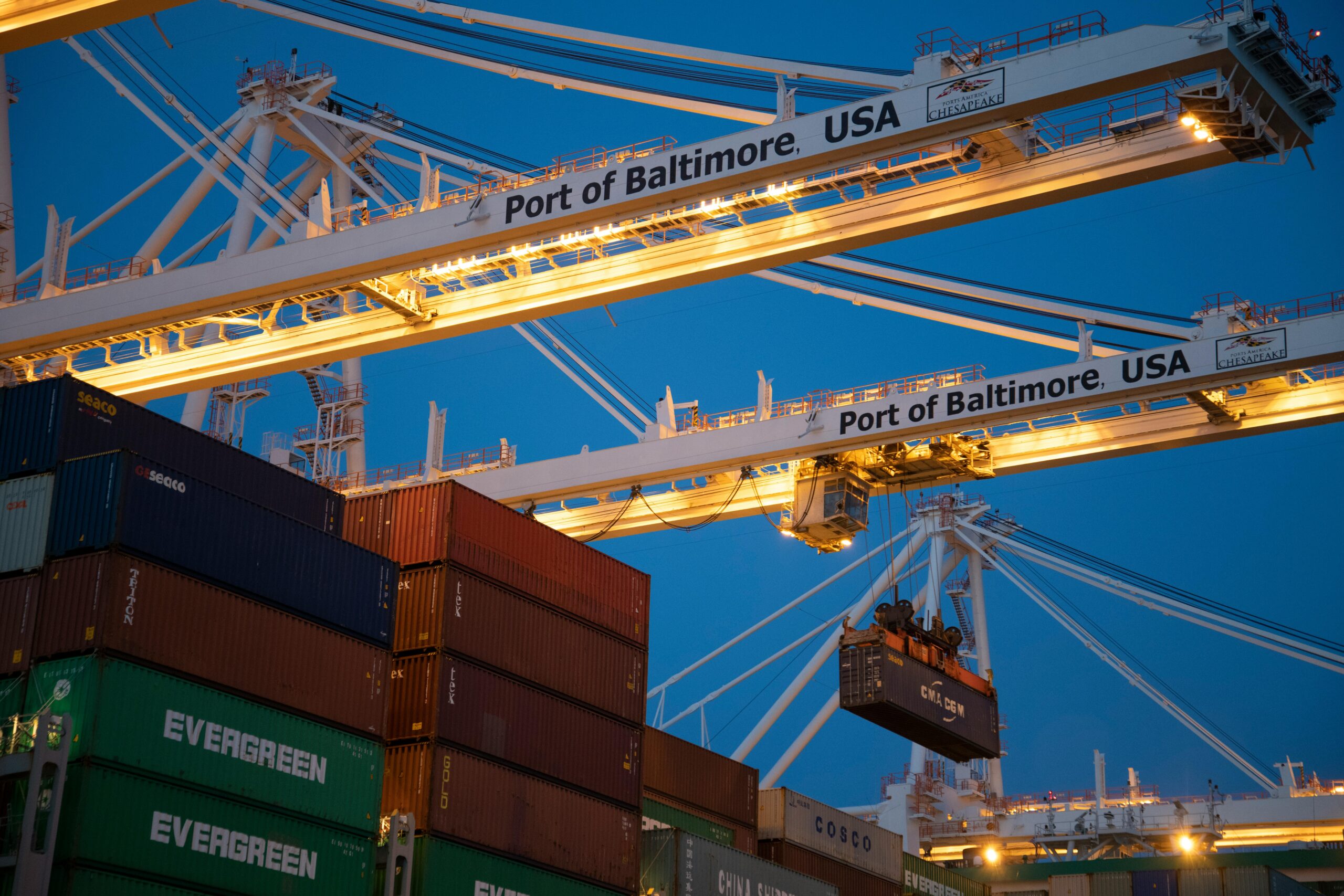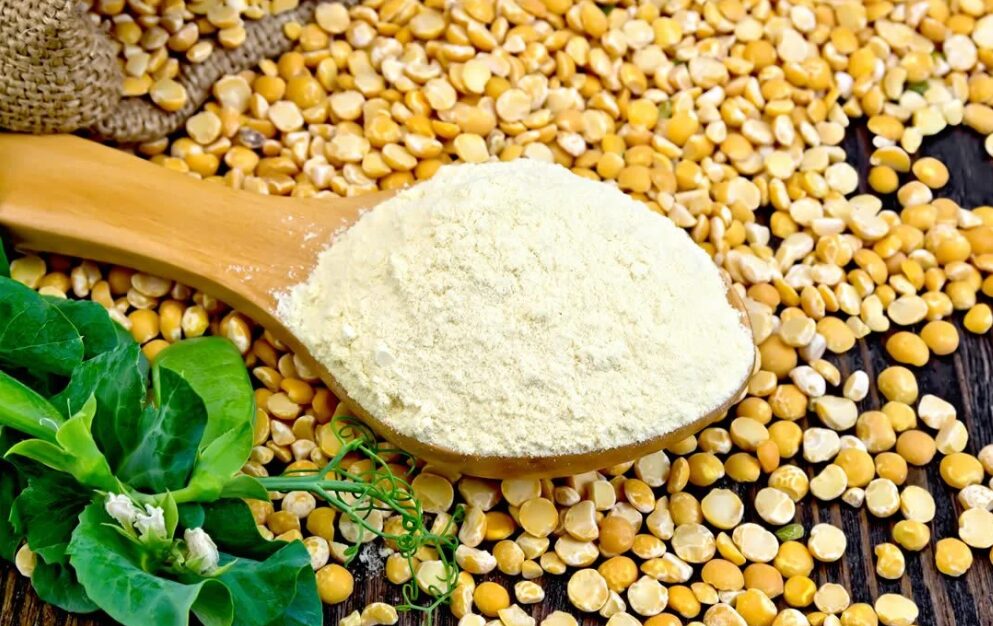Despite popularity of plant-based protein, demand for traditional protein in the U.S. is expected to pick up.
According to industry analysts, the market from U.S. protein producers is strong at home as well as abroad. Drivers include the swine flu, which wiped out 8% of global protein, and ample supplies that drove down prices, reported Chicago Tribune (Dec. 16).
Fueling the traditional meat boost is a protein shortage in Asia, which experienced a surge in demand for imported pork, chicken and beef. African swine fever is decimating hog herds from China to Vietnam and the results are anticipated to alter meat trade in the coming years.
However, China is expected to overcome pork shortages during the second half of 2020, according to the Ministry of Commerce, reported China Daily (Dec. 17). The country will continue to release frozen pork reserves into the market to curb rising pork prices and ensure there are adequate supplies during the January holidays.
In addition to encouraging companies to expand their import channels via platforms such as the China International Import Expo, the Ministry will work with other government branches to prioritize imported pork and chilled meat in customs clearance inspections and release at various ports across China. China’s meat imports are anticipated to exceed 6 million metric tons this year, and pork and its by-products will surpass 3 million tons, according to the Ministry.
Moreover, the phase one trade deal reached by the Chinese and U.S. governments will create new options for China to purchase more U.S. pork and other agricultural commodities to meet its domestic requirements, said Li Guoxiang, a researcher at the Rural Development Institute of the Chinese Academy of Social Sciences.
Under these circumstances, Guoxiang believes pork prices will not cause any further inflation in the first half of 2020 if the government continues to release pork reserves, enhances matchmaking between sales and production in global markets, and discloses market information in a timely manner.
Meanwhile, Tyson Foods received approval to export poultry to China from all 36 of its U.S. processing plants and will likely begin taking orders early in 2020, reported Reuters (Dec. 16). Tyson expects China to import more U.S. pork and poultry to compensate for the toll of African swine fever.
Tyson is working to win U.S. approval by the end of 2019 for labels on poultry exported to China—the final step. It already received its first label approval, according to Bernie Adcock, Tyson’s chief supply chain officer for poultry.
Processing plants run by Sanderson, Pilgrim’s Pride Corp. and other companies also were cleared to ship U.S. poultry to China, according to USDA. Tyson will likely not ship poultry to China from all its plant thoughs, Adcock noted.










